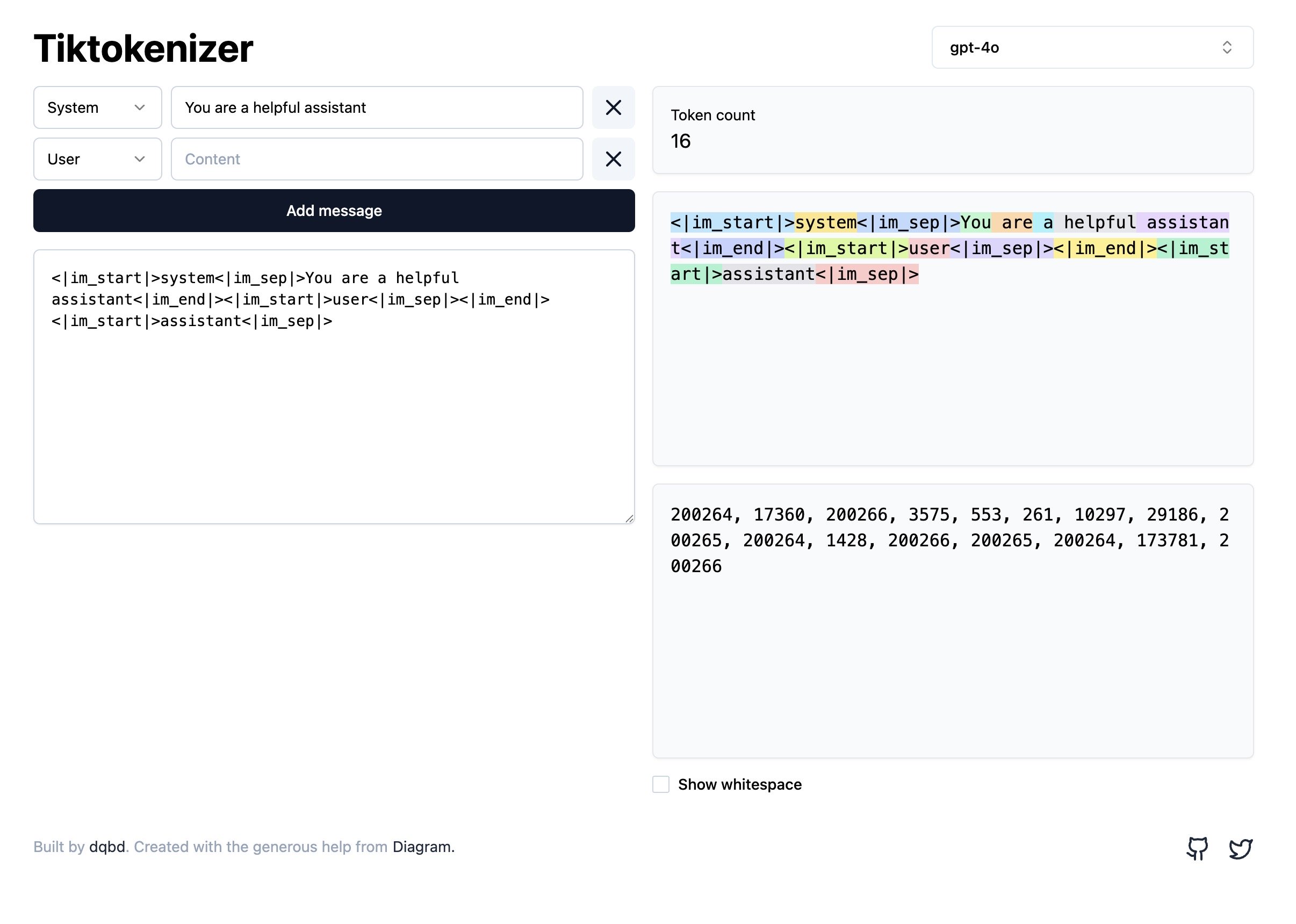Did you know that Benjamin Franklin was actually a pioneer in incorporating gamification in his every day to improve his personal and business life?

Benjamin Franklin, one of the Founding Fathers, was not just a political visionary but also a pioneer in personal and business efficiency. His unique approach to self-improvement and business management mirrored what we now recognize as gamification.
So how did Benjamin Franklin use Gamification?
You probably heard about the quote “Tell me and I forget. Teach me and I remember. Involve me and I learn.” well, it was actually Benjamin Franklin who said it.
But he didn’t just talk about it, he really lived it.
The Virtue Chart
Franklin’s most famous self-improvement tool was his Virtue Chart. He listed 13 virtues, such as temperance, silence, and order, and diligently tracked them daily. This chart functioned as a personal scoreboard, encouraging regular self-reflection and consistent personal development.
Incremental Progress
Instead of overwhelming himself, Franklin focused on one virtue per week, giving each the attention it deserved. This cumulative approach provided steady progress without the burnout associated with trying to achieve too much, too quickly.
Feedback Loop
Every evening, Franklin reviewed his day, marking his successes and failures in sticking to his commitments. This daily reflection acted as a feedback loop, providing him with insights into his behavioural patterns and areas needing improvement.
Social Accountability
Franklin often discussed his virtue system with friends, seeking their opinions and advice. This added a social aspect to his self-improvement journey, much like how modern gamification leverages community engagement for motivation and support.
Gamification in Franklin’s Business Practices
Franklin applied similar principles in his business ventures. He set specific goals for his printing business, aiming for efficiency and quality.
He meticulously tracked progress and adjusted strategies as necessary, ensuring a steady path towards his business objectives.
He understood the importance of motivating his employees. Franklin introduced innovative work practices that encouraged his team to engage actively in the business’s success, akin to how game mechanics motivate players.
Franklin’s approach to problem-solving in business was methodical and creative, often involving brainstorming sessions that resembled strategic game-play. He encouraged innovative thinking, fostering a culture of continuous improvement and adaptation.
Understanding the power of networking, Franklin established the Junto Club, a group for mutual improvement in business and moral philosophy. This mastermind group functioned similarly to a collaborative game, where collective problem-solving and knowledge sharing were pivotal.
Benjamin Franklin’s use of gamification techniques in his personal and business life showcases his forward-thinking approach to productivity and self-improvement.
His methods of setting clear goals, progressing incrementally, reflecting regularly, and engaging socially set a foundation for success that remains relevant centuries later.
Read more about how BJ’s knowledge can improve your every day in this interesting Medium post from Rob Peters.





